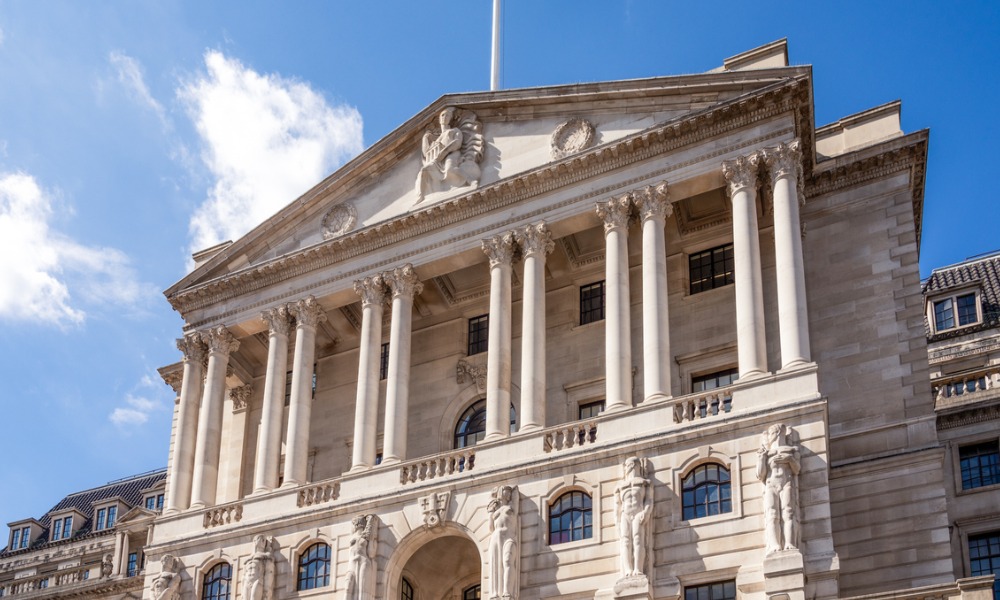Wait, what? So soon?

Pretty much everybody wants cheaper mortgage rates to help a nascent home buying revival build steam. Rents are continuing to rise, house prices are jumping and there are plenty of people who actually want to get on the housing ladder – and maybe more good news is on the way.
Traders are increasingly placing their bets on a potential rate cut from the Bank of England (BoE) this week, influenced by anticipation of a more aggressive rate-cutting approach from the U.S. Federal Reserve. Investors now estimate almost a 40% likelihood that the BoE will lower interest rates by 0.25 percentage points when it convenes on Thursday, a substantial increase from the 20% probability seen at the close of last week. Although a rate cut is not widely expected, the possibility has grown as market participants foresee a significant 0.5 percentage point reduction from the Fed tomorrow. The prospect of a rate change on this side of the pond has been fuelled by official data showing that the UK economy unexpectedly stagnated in July.
The British pound held steady against the U.S. dollar on Tuesday, building on Monday's gains. As traders await crucial UK inflation data and the BoE’s upcoming meeting, Sterling remained in positive territory at $1.3224, reflecting a 0.7% rise from the previous day. So far this year, the pound has appreciated by 3.85% against the dollar, continuing a trend of gains for the second consecutive year.
Analysts from Lloyds Bank noted that "Signs of a bolder Fed easing path could cause that trend to go further, at which point the BoE would start to give more thought to exchange rate strength bearing down on the inflation outlook." Although the BoE is largely expected to maintain its current interest rates after last month's 25-basis-point reduction, futures markets are now pricing in a 38% chance of another 0.25-point cut- nearly double the likelihood that was being predicted just a few days ago.
"This week's MPC (Monetary Policy Committee) decision will be independent of what the Fed decides but over the medium term the exchange rate channel is one factor that ought to limit expectations for policy divergence," the Lloyds analysts added.
Inflation data due on Wednesday will likely receive heightened attention after the recent reports showed stagnation in the UK economy. Meanwhile, the European Central Bank also moved to cut rates by 25 basis points last week, signalling further reductions in borrowing costs as inflation eases and growth in the eurozone slows. The pound remained steady against the euro, trading at 84.235 pence.



